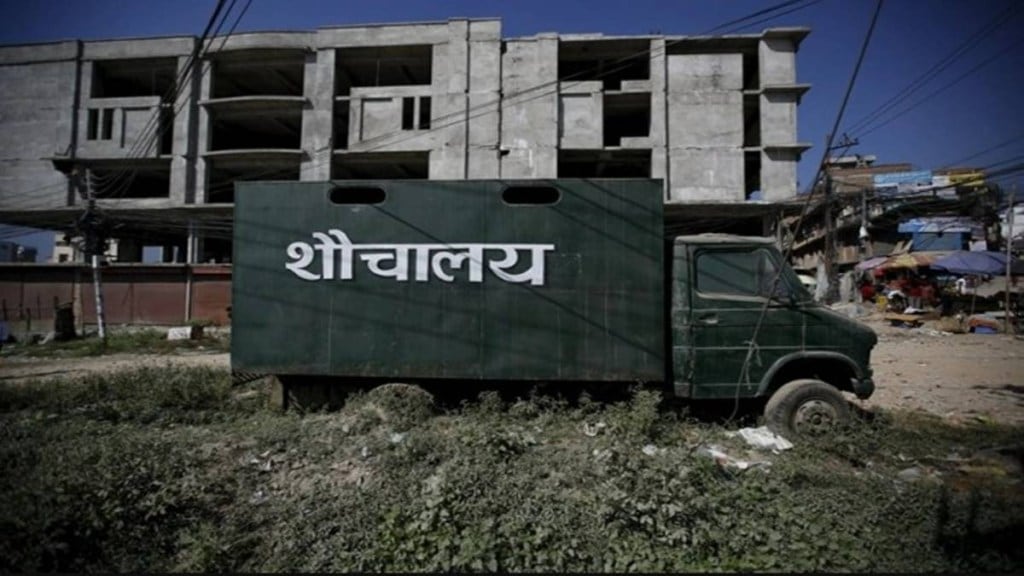World Toilet Day (WTD) is observed annually on 19th November to inspire action to tackle the global sanitation crisis. It is an official United Nations international observance day. According to a report published by UNICEF in November 2020, 673 million people still practice open defecation and an estimated 367 million children attend a school with no sanitation facility at all. World Toilet Day exists to inform, engage and encourage people to take action toward reaching sanitation goals.
In the year 2013, the UN General Assembly announced World Toilet Day as an official UN day. Before that, in 2001, World Toilet Day had been established unofficially by the World Toilet Organization. It is a Singapore-based NGO. World Toilet Day’s official convener is UN-Water.
“We are seriously off track to ensure safe toilets for all by 2030. That is the promise of Sustainable Development Goal 6.2. With only eight years left, the world needs to work four times faster to meet this target,” said the official website worldtoiletday.info.
Toilets are important. Access to a safe functioning toilet has a positive impact on not only human dignity but also public health, and personal safety. It is more important in the case of females. Sanitation systems that do not safely treat feces allow the spread of disease. Serious soil-transmitted diseases and waterborne diseases such as diarrhea, typhoid, cholera, dysentery, and schistosomiasis can result.
YOU MAY ALSO LIKE TO READ Indian women fly high! India has the most female commercial pilots in the world
Situation in India
On 2nd October 2014, Prime Minister Narendra Modi launched the Swachh Bharat Mission (SBM), to accelerate the efforts to achieve universal sanitation coverage and to put the focus on sanitation. Under the mission, by 2 October 2019, all villages, gram panchayats, districts, states, and union territories in India declared themselves “open-defecation free” (ODF). It coincided with the 150th birth anniversary of the father of the nation, Mahatma Gandhi.
Over 100 million toilets constructed
According to the Government of India (GOI), over 100 million toilets are constructed in rural India. To make sure that the open defecation-free behaviours are sustained and no one is left behind, the mission is moving towards the next Phase II of SBMG i.e ODF-Plus. This phase will reinforce ODF behaviours and, in villages, focus on providing interventions for the safe management of solid and liquid waste.







